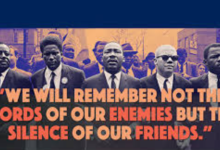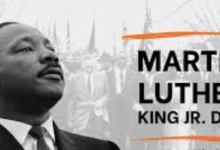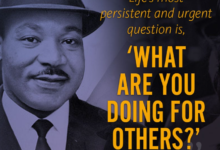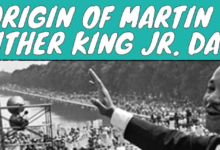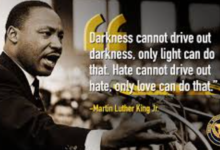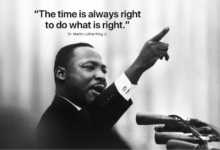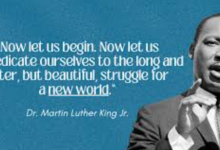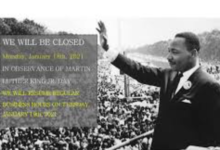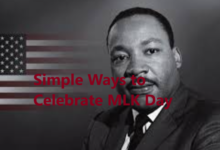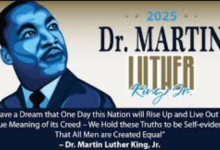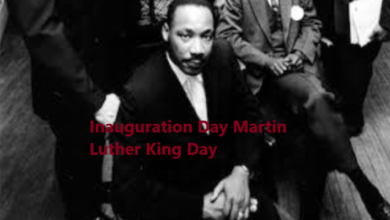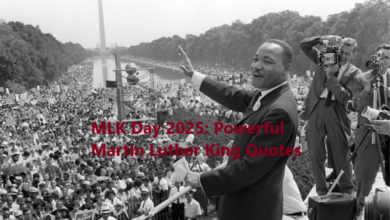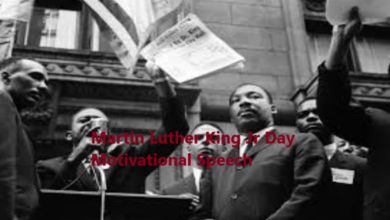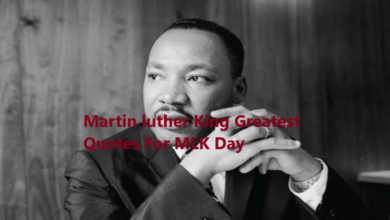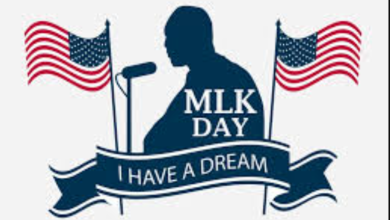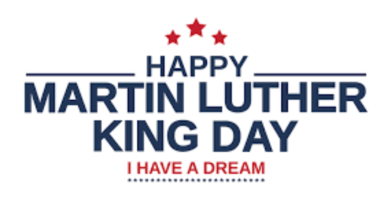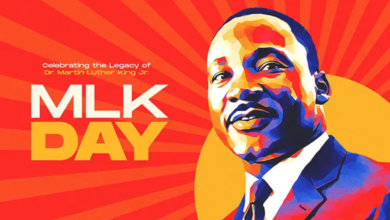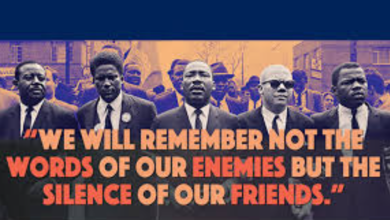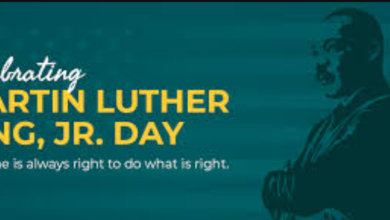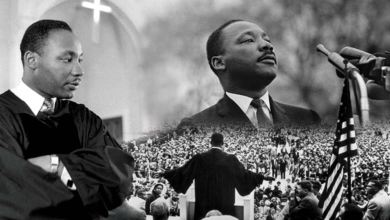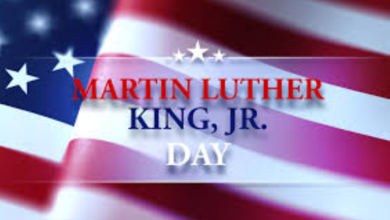When is Martin Luther King Birthday In 2025?
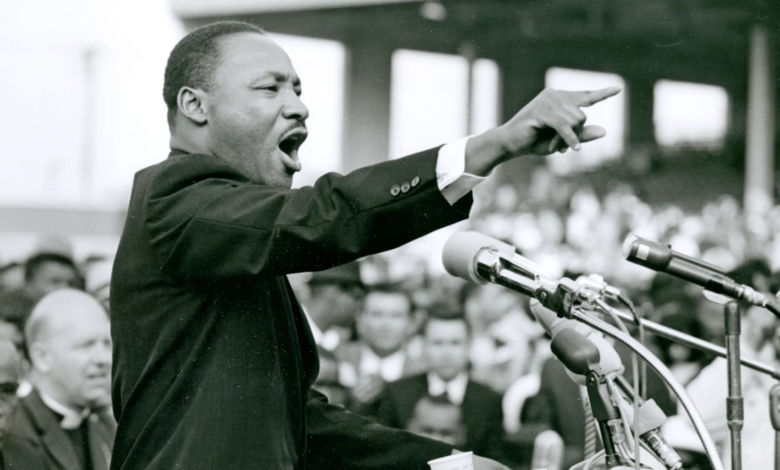
Martin Luther King Jr. Day is a United States federal holiday honoring the life and legacy of Dr. Martin Luther King Jr., a leader in the civil rights movement. Known for his commitment to nonviolent activism and his pivotal role in advancing civil rights in America, his efforts to bring about change continue to inspire people worldwide.
The holiday falls annually on the third Monday of January, close to Dr. King’s birthday on January 15. This alignment ensures that his achievements and contributions are recognized and celebrated by all Americans. For 2025, Martin Luther King Jr. Day will be observed on Monday, January 20.
This guide explores the significance of Martin Luther King Jr. Day, its history, how it’s observed, and why it remains relevant to our society today.
Why Do We Celebrate Martin Luther King Jr. Day?
More than a holiday, Martin Luther King Jr. Day serves as a time to reflect on the progress made in the fight for racial equality and the work still ahead. By commemorating the life of Dr. King, we pay tribute to his courage, resilience, and unwavering belief in justice and equality for all.
Honoring a Legacy of Nonviolence
Dr. King’s philosophy of nonviolence was at the heart of his activism. He believed that peaceful resistance, not violence, was the most powerful way to tackle racism and injustice. His leadership in key events, such as the Montgomery Bus Boycott and the March on Washington, showed the world the strength of unity and peaceful protest. On Martin Luther King Jr. Day, we honor this approach to advocacy and change.
Progress in Civil Rights
The civil rights movement achieved major victories under King’s leadership, such as the Civil Rights Act of 1964 and the Voting Rights Act of 1965. These milestones have created lasting impacts, shaping the legal and social landscape of the United States. Celebrating this day serves as a reminder of how far we’ve come and how we must continue to strive for equality.
A National “Day of Service”
An essential element of Martin Luther King Jr. Day is its designation as a Day of Service. Inspired by King’s message of community and collective responsibility, people across the country dedicate their time to volunteering and giving back. Acts of service big and small capture the spirit of Dr. King’s work and continue his legacy of compassion and action.
The History of Martin Luther King Jr. Day
The recognition of Martin Luther King Jr. Day as a federal holiday did not happen overnight. Decades of advocacy and persistence by civil rights activists and citizens were necessary to make the day what it is today.
Initial Efforts
Martin Luther King Jr. was assassinated on April 4, 1968, in Memphis, Tennessee. Shortly after his death, calls for a day honoring his legacy began. Congressman John Conyers of Michigan was one of the first to propose a holiday in King’s honor. However, gaining national support for his proposal proved to be challenging.
The Role of Public Advocacy
The push for the holiday gained momentum as people around the country rallied for its recognition. Leaders like Coretta Scott King, King’s widow, joined the movement, and petitions gathered millions of signatures, urging Congress to act.
Official Establishment of the Holiday
Finally, in 1983, President Ronald Reagan signed the bill into law, declaring Martin Luther King Jr. Day a national holiday. The first official celebration took place on January 20, 1986. However, adoption at the state level took time, with all 50 states officially observing the holiday by the year 2000.
How Martin Luther King Jr. Day Is Observed
Martin Luther King Jr. Day is observed in various meaningful ways across the United States, each reflecting King’s values and mission. From community service initiatives to educational events, people use this day to honor his legacy and contribute positively to their communities.
Participating in Service Activities
Designated as a Day of Service, many Americans take the opportunity to volunteer their time. Activities might include:
- Organizing food drives to help combat hunger.
- Participating in community clean-up projects.
- Tutoring or mentoring youth in underserved communities.
- Supporting initiatives aimed at social justice.
If you’re looking to get involved in your local community, websites like AmeriCorps can help connect you with service opportunities in your area.
Attending Educational Events
Educational programs, workshops, lectures, and discussions about King’s life and the civil rights movement are organized by schools, libraries, and cultural institutions nationwide. These events offer insights into King’s teachings and their relevance to contemporary issues of justice and equality.
Celebrating Through Art and Culture
Many cities host parades, music festivals, and other cultural events to celebrate King’s life. These events often showcase songs, speeches, and performances inspired by King’s work, creating an environment of unity and celebration.
Reflecting During Peace Marches
Some communities organize peaceful marches or demonstrations, mirroring the nonviolent protests King championed. Walking together in solidarity provides a platform to promote equality and commemorate King’s vision.
Why Martin Luther King Jr. Day Is Still Relevant
Though Martin Luther King Jr.’s life ended more than 55 years ago, his dreams and ideals remain profoundly significant. Equality, justice, and unity are still battles we work to achieve every day. The day’s relevance lies in its ability to unite people in action and motivate progress.
Addressing Contemporary Racism and Inequality
Despite the strides made during the civil rights movement, systemic racism and inequality remain challenges in the United States. King’s words continue to serve as a rallying cry for justice, urging society to confront these issues and demand change.
Inspiring Future Leaders
Martin Luther King Jr. Day is an opportunity to educate and inspire the next generation of leaders. His life stands as a reminder that meaningful, lasting change is possible when individuals come together to fight for what is right.
